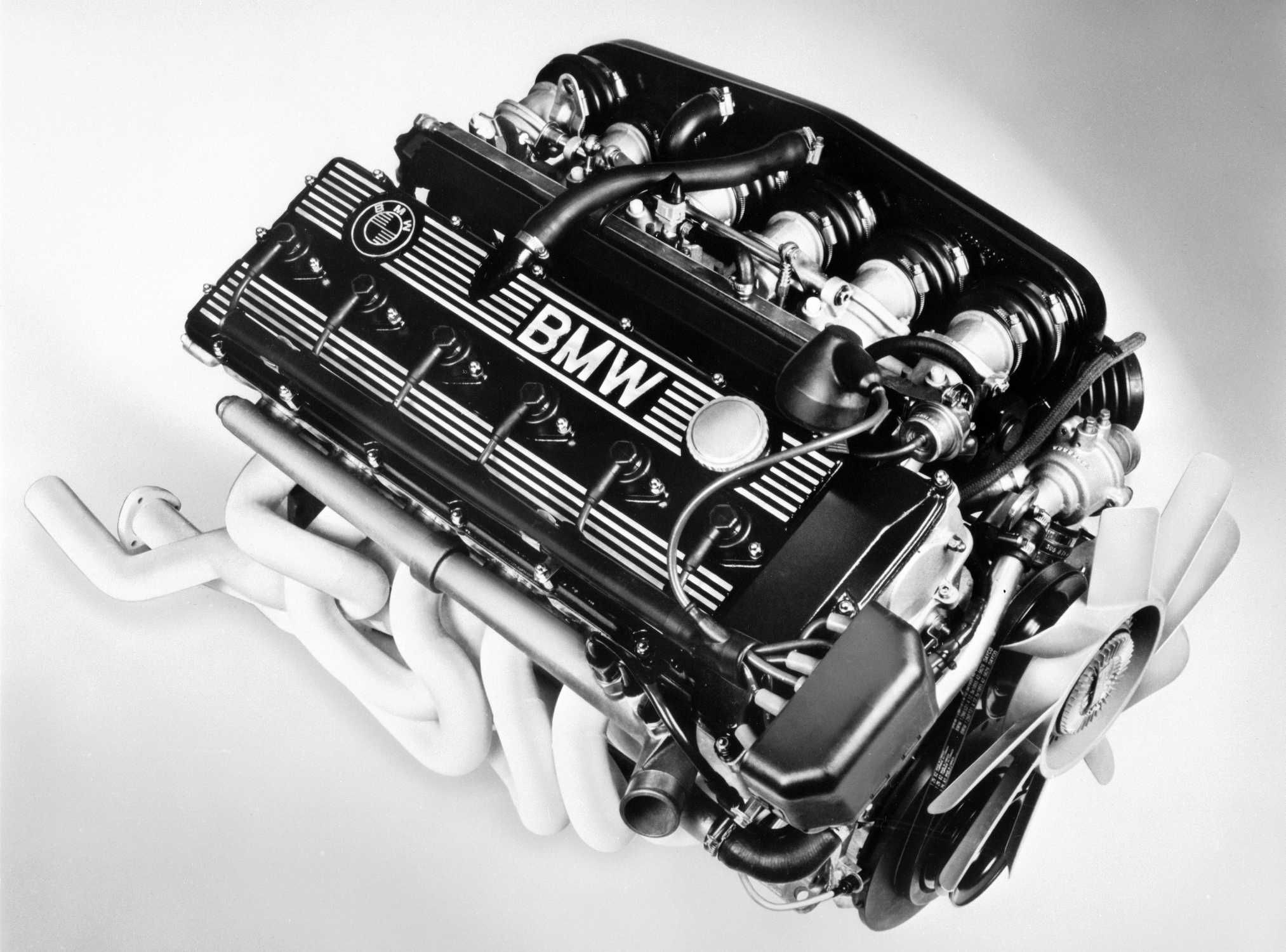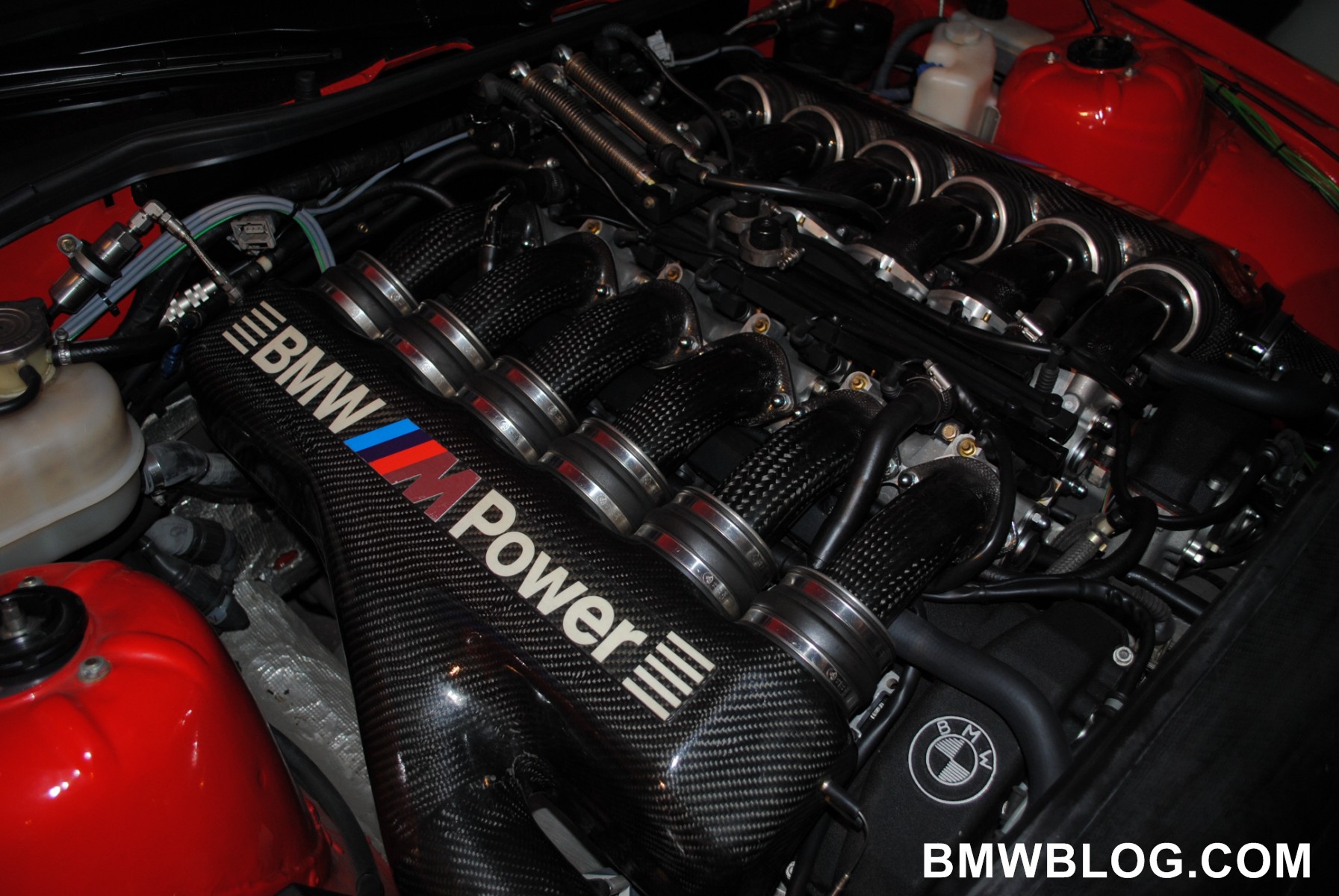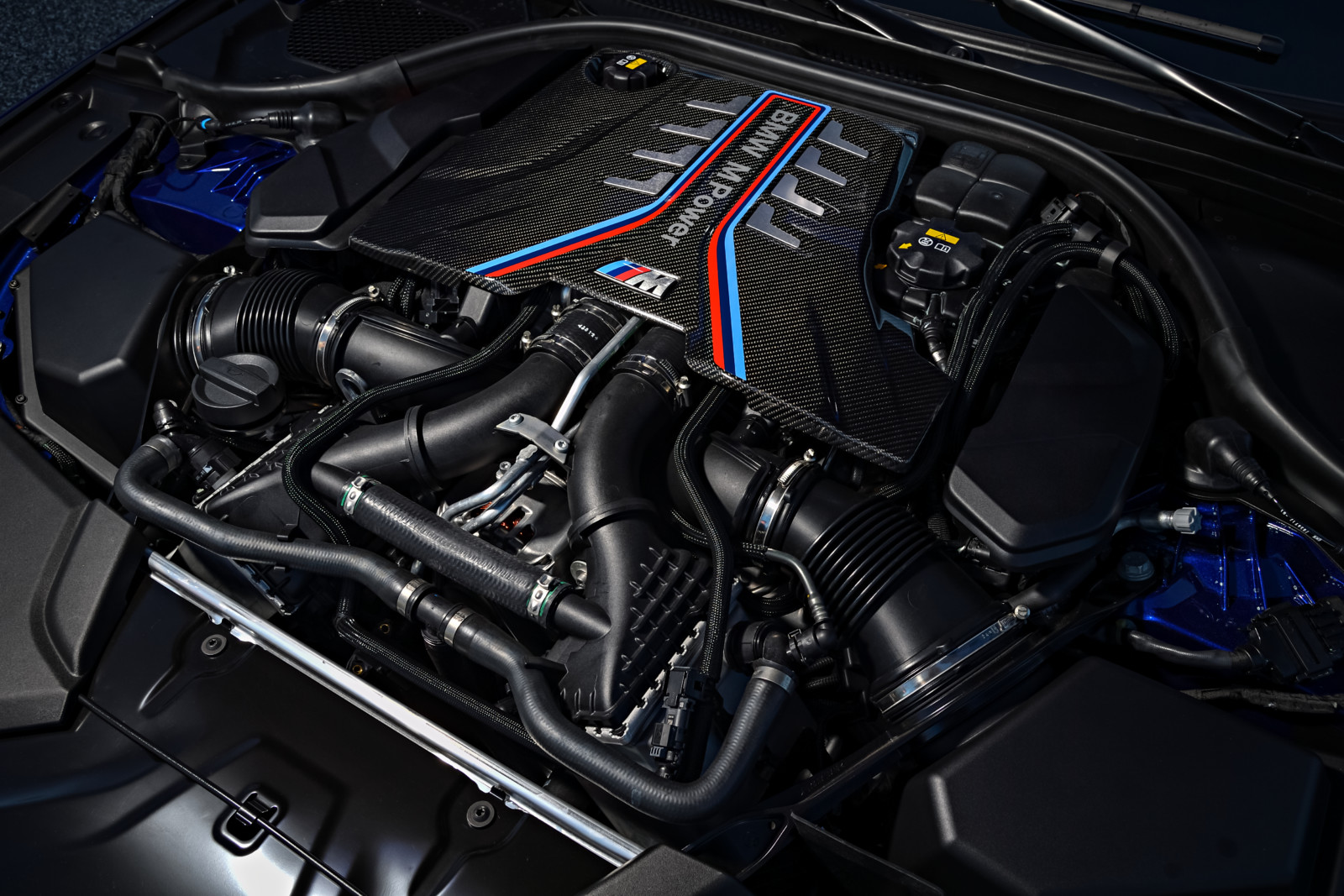Introducing the Secrets Behind the Power of the BMW Engine
Introducing the Secrets Behind the Power of the BMW Engine
Blog Article
Introducing the Intricacies of Next-Generation Power Units: a Deep Study Advanced Engine Layouts and Developments
In the world of auto design, the unrelenting pursuit of effectiveness, efficiency, and sustainability has thrust the evolution of power units to unmatched heights. As we depend on the precipice of a brand-new age in transportation, the details of next-generation engine designs beckon us to explore the advanced innovations and innovations that guarantee to redefine the driving experience. From advanced products that push the boundaries of toughness and weight reduction to sophisticated turbocharging and turbo charging systems that raise power output to brand-new levels, each part of these power systems holds an essential to opening the future of vehicle engineering. Delving much deeper into the realms of discharge control, intelligent engine management systems, and the perspective of power device development, we find ourselves on the cusp of a makeover that assures to reshape the landscape of movement as we understand it.
Development of Engine Products

The shift in the direction of advanced engine products has also made it possible for engineers to make engines with higher power results while preserving fuel performance requirements. The use of lightweight materials reduces the overall weight of the engine, leading to improved gas economy and reduced exhausts. In addition, developments in materials innovation have actually enabled far better thermal management within engines, resulting in increased reliability and longevity.
Turbocharging and Supercharging Technologies
Just How do Turbocharging and Supercharging Technologies change engine efficiency and performance in modern-day lorries? Turbo charging and turbocharging are modern technologies that significantly enhance engine performance by increasing the amount of air intake into the combustion chamber. Turbocharging accomplishes this by utilizing a wind turbine driven by exhaust gases to pressurize the consumption air, while supercharging uses a belt- or chain-driven compressor to achieve the same impact.
These innovations make it possible for smaller, a lot more fuel-efficient engines to generate power equivalent to bigger ones, understood as downsizing. By forcing more air right into the cylinders, turbocharging and turbo charging boost combustion effectiveness, resulting in enhanced horse power and torque output without a substantial increase in engine dimension. This leads to much better velocity, hauling capacity, and general driving performance.
Moreover, turbocharging and turbo charging contribute to boosted gas performance by allowing the usage of smaller sized engines that consume much less gas under normal driving conditions - bmw engine. This mix of boosted performance and effectiveness has actually made turbocharging and supercharging indispensable elements of several contemporary engine layouts
Discharge Control and Environmental Impact
With raising worldwide issues regarding air top quality and environmental sustainability, the application of discharge control innovations in cars plays a critical role in reducing harmful contaminants released into the environment. Modern vehicles are furnished with sophisticated emission control systems that assist lessen the ecological influence of auto procedures. Catalytic converters, for example, are developed to convert harmful gases such as carbon monoxide gas, nitrogen oxides, and hydrocarbons right into much less dangerous materials like co2 and water vapor.
In addition, advancements in engine innovation, such as the combination of exhaust gas recirculation systems and discerning catalytic decrease, have actually significantly added to reducing discharges. These innovations function in tandem to enhance combustion performance and minimize the release of harmful pollutants right into the air. Furthermore, the development of crossbreed and electrical automobiles represents an important step towards reducing the total ecological footprint of the transport market.
Intelligent Engine Administration Systems

Furthermore, these systems make it possible for cars to fulfill rigid emissions requirements without compromising efficiency, providing a much more environmentally pleasant driving experience. The combination of synthetic knowledge and maker learning capacities in engine management systems remains to push the borders of what is possible, causing additional improvements in performance, reliability, and general vehicle efficiency. bmw engine. As auto modern technology developments, smart engine management systems will certainly play a critical function fit the future of transportation towards a much more efficient and sustainable instructions
Future Trends in Power Unit Growth
As intelligent engine administration systems lead the way for enhanced control and optimization in modern cars, future patterns in power device growth are poised to redefine the landscape of automobile propulsion innovations. Among the vital trends driving development in power system advancement is the shift in the direction of electrification. With a raising emphasis on sustainability and reducing carbon emissions, hybrid and electric powertrains are becoming much more common in the automobile sector. These alternative power resources supply improved efficiency and efficiency while straightening with rigorous ecological laws.
Another considerable trend is the combination of innovative products and producing methods. Lightweight products such as carbon fiber and light weight aluminum are being used to reduce total automobile weight, improving fuel performance and efficiency. Additionally, advancements in 3D printing and additive production are making it possible for the production of complex engine parts with higher precision and durability.
Furthermore, fabricated intelligence and artificial intelligence are playing a critical function in optimizing power system performance. These modern technologies enable real-time monitoring and flexible control, resulting in more find efficient and reliable power shipment. Generally, future patterns in power device development are tailored in the direction of efficiency, sustainability, and performance, driving the auto industry in the direction of a brand-new age of propulsion modern technologies.

Verdict
In conclusion, the improvements in engine materials, turbocharging, discharge control, and smart management systems have paved the method for next-generation power devices. The detailed styles and technologies in modern-day engines showcase the ongoing advancement of automotive technology.
Checking out the modern advancements in engine products has been critical in improving the efficiency and effectiveness of modern engines. Over the years, the development of engine products has actually played More about the author a vital duty in pushing the limits of what engines can accomplish.The change towards advanced engine materials has actually likewise made it possible for designers to make engines with greater power results while keeping gas performance criteria.The execution of smart engine administration systems in contemporary cars has revolutionized the method engines are regulated and maximized for efficiency and efficiency. By gathering information in real-time and evaluating it with innovative formulas, intelligent engine administration systems can adapt to driving styles, environmental factors, and engine health to optimize power result while decreasing gas usage and emissions.
Report this page